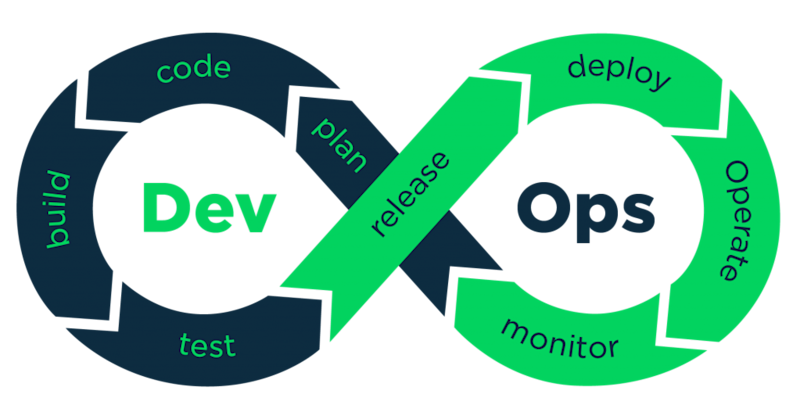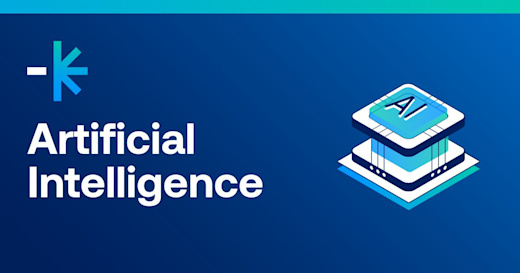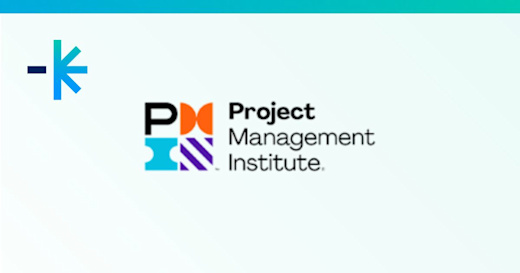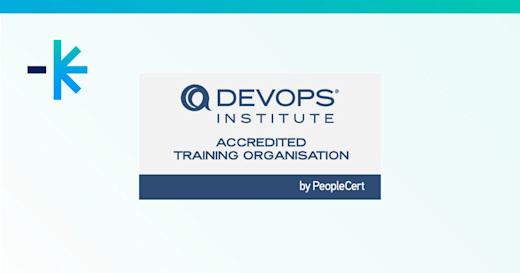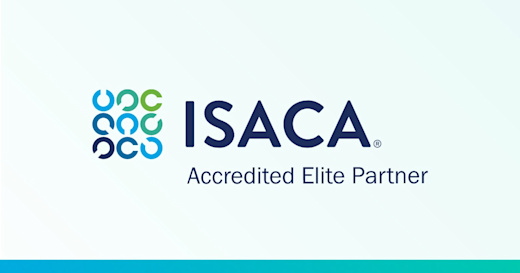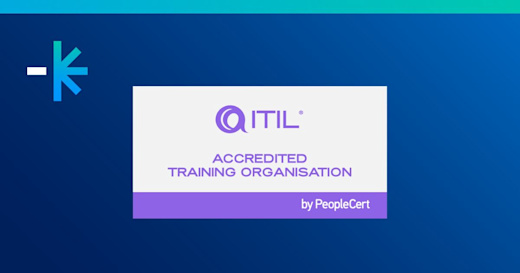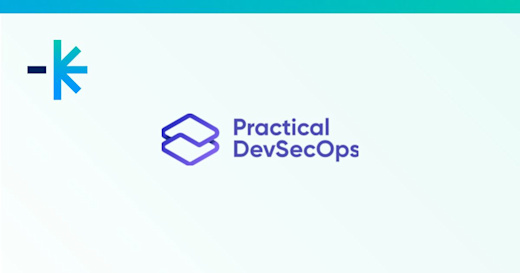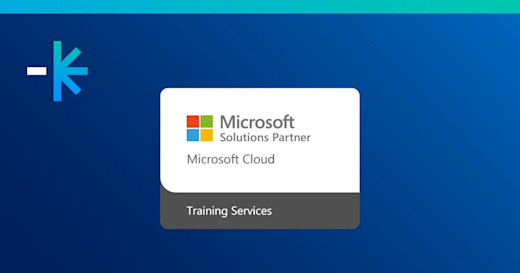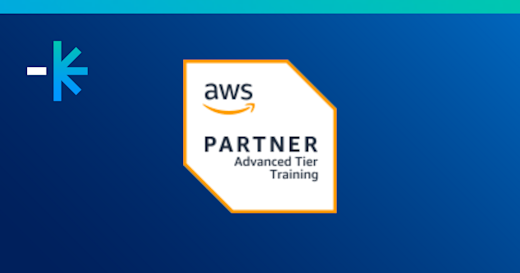DDLS educator and agile service management consultant Rose Dyson explains why DevOps and ITIL® 4 working in partnership have the potential to be an unstoppable force.
Proponents of DevOps have long struggled to reconcile their agile, collaborative approach with the rigid structure of ITIL v3, which kept IT teams at arm’s length from the rest of the business, prioritised stability over resilience and supported a conventional ‘test-at-the-end’ method. By contrast, DevOps champions a culture of integration, an iterative development cycle and shorter feedback loops, all of which enable teams to innovate and problem-solve faster.
The two approaches felt fundamentally, diametrically opposed. Then ITIL 4 came along – and everything changed. We now have a framework in which DevOps and ITIL can work hand-in-hand, each complementing and enhancing the other in order to improve service delivery and achieve the best possible outcomes for customers.
ITIL 4 has well and truly changed the goalposts for ITSM. It retains the strategic thinking framework and core practices for portfolio building of ITIL v3, but now embraces the iterative approach exemplified by DevOps, actively encouraging cross-team collaboration to create more empowered and effective project teams. When combined with the DevOps set of practices, it’s a surefire recipe for success.
Using ITIL 4 and DevOps to delight customers
We now live in a world where almost every organisation delivers value to the customer via some kind of digital interface or app. Traditionally, businesses would wait until they were ready to deliver the whole product before taking it to market. With DevOps, we’re now delivering IT services to customers with value much more quickly. But there’s still a critical piece missing that ITIL 4 seeks to address. To maintain a competitive edge, our digital experiences need to not only meet customers’ needs and expectations, but exceed them. It’s no longer just about satisfying the customer and giving them what they want now. It’s about delighting them – not just with a quick fix, but longer term.
Both DevOps and ITIL have a role to play here. DevOps is the means by which businesses develop the software or app that provides customers with the functionality and value they’re looking for. It creates that cycle and makes it tick so it delivers value to the customer. DevOps also provides developers with a highly automated toolchain that pushes software through the development pipeline quickly, without compromising on quality.
But how can we be confident that what comes out of that pipeline is an application that not only fulfils the brief and requirements, but truly delivers the outcomes and value that the customer is looking for? How do we know that we’ve created an experience that will delight customers? That’s where ITIL 4 comes in.
DevOps does a great job of focusing on the software delivery lifecycle, but with its broader focus and emphasis on all aspects of customer engagement, ITIL is still the best framework to ensure we ultimately deliver value to customers and achieve delight in the longer term. If teams are just using Scrum and producing iterations in isolation, they may have a high output – but if those outputs aren’t informed by an understanding of what their customers want, then there’s very little inherent value being delivered. Combine this approach with ITIL 4, however, and you have a framework that gives you end-to-end visibility of the product. The first iteration delivers some value, with the next delivering more, always working towards delight.
Together, DevOps and ITIL 4 have the power to deliver higher value to businesses and customers and instill a culture of innovation that will propel businesses further forward. DevOps cannot replace ITIL or vice versa – in isolation, neither can work. In order to succeed in delivering our outcomes and delighting our customers, we need the agility, automation and culture of DevOps and the big-picture thinking and strategic framework of ITIL 4. It’s the perfect combination of speed, people, process and discipline.
Find out more: browse our ITIL 4 courses and certifications and DevOps courses.

